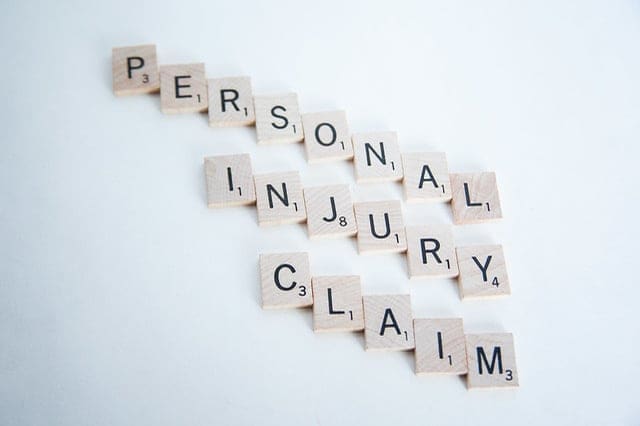Sex Crimes

Navigating the Legalities of Sex Crimes
The legal landscape surrounding sex crimes, which include a range of sexual offenses and misconduct, is complex and sensitive. This article delves into the legal intricacies of sex crimes, focusing on the legal defense mechanisms and the rights of victims.
Types of Sex Crimes
Sex crimes constitute various illegal acts such as sexual assault, rape, sexual harassment, and exploitation. Each of these crimes has specific legal definitions, which are critical for both legal professionals and the public to understand. These definitions play a key role in how cases are prosecuted and defended.
Legal Defense in Sex Crimes Cases
Defending against accusations of sex crimes is a challenging aspect of legal practice. Defense strategies might involve detailed examination of the evidence, challenging the credibility of allegations, and ensuring that the accused’s rights are upheld. A strong legal defense is essential, considering the serious implications of such charges.
Rights of Victims in Sex Crimes
Victims’ rights in sex crime cases are paramount. These rights include the right to be heard in court, to seek justice, and to receive appropriate support throughout the legal process. Ensuring these rights are protected is crucial in the pursuit of justice and support for survivors.
The Role of Legal Representation
Legal representation in sex crime cases is vital for both the accused and the victims. For the accused, skilled lawyers can provide a robust defense, while for victims, legal advocates can ensure their rights are protected and voices heard.
Conclusion
The legal framework of sex crimes requires careful navigation, with a deep understanding of both the rights of the accused and the victims. Whether it’s handling defense strategies or advocating for victims’ rights, the role of specialized legal professionals is indispensable in these cases.
The complexities of sex crime laws call for informed legal handling, underscoring the importance of professional legal advice and representation. This overview provides a foundational understanding, with a recommendation for seeking specialized legal counsel in specific cases.
_______________________________________
Legal Guide: Defending and Understanding Sex Crime Allegations
In the realm of criminal law, sex crimes represent some of the most serious and devastating accusations an individual can face. These offenses, encompassing a wide range of non-consensual sexual activities, not only lead to severe legal consequences but also carry profound personal and social stigma. This comprehensive guide aims to shed light on the legal framework surrounding sex crimes, offering essential insights into the rights of the accused and the support available for survivors.
Sex crimes can include a variety of illegal acts, such as rape, sexual assault, child molestation, and exploitation. The legal system treats these allegations with the utmost seriousness, often resulting in significant penalties for those convicted. These may include lengthy prison sentences, mandatory registration as a sex offender, and substantial fines. Given the stakes, securing experienced legal advice is crucial for anyone navigating these charges.
The first step in addressing sex crime allegations involves understanding the specific charges and the evidence presented. Criminal defense attorneys specializing in this area are invaluable resources, offering guidance on the complexities of the law and the best course of action. Whether contesting the charges or seeking a plea agreement, a tailored defense strategy is essential.
Defense strategies against sex crime charges may involve challenging the credibility of evidence, presenting alibis, or highlighting inconsistencies in the prosecution’s case. In some situations, defense counsel may also explore mitigating factors that could reduce the severity of the penalties. Throughout this process, maintaining the confidentiality and dignity of all involved parties is paramount.
Beyond the immediate legal challenges, individuals accused of sex crimes often face broader social implications. The impact on one’s personal and professional life can be profound, necessitating a comprehensive approach to defense that considers both legal and reputational factors. Legal professionals can also guide clients through the process of addressing public perceptions and managing the consequences on their personal lives.
For survivors of sex crimes, the legal system offers mechanisms for protection and justice. Reporting such crimes is a courageous but challenging step, with various support services available to assist survivors through the process. From legal advocacy to counseling, a network of resources exists to provide care and support for those affected.
In conclusion, navigating the legal landscape of sex crimes requires a nuanced understanding of both the law and the human impact of these allegations. For the accused, it emphasizes the importance of knowledgeable legal representation and a robust defense. For survivors, it highlights the availability of support and the pursuit of justice. The legal system’s role is to balance these needs carefully, ensuring fairness and compassion for all parties involved.

